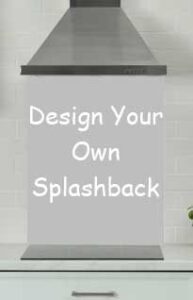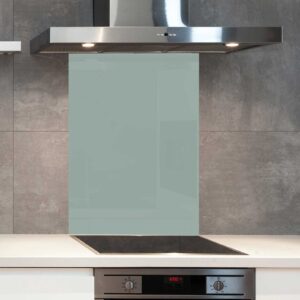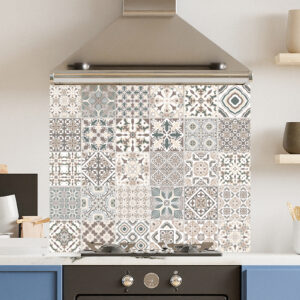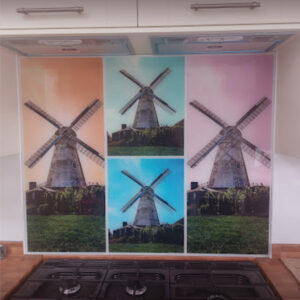Sustainability and Splashbacks
Sustainability and Splashbacks
 In an era where sustainable choices are becoming more prevalent, many homeowners are looking for eco-friendly options in every aspect of their lives, including their kitchens. But how does sustainability intersect with something as specific as kitchen splashbacks? Let’s dive in.
In an era where sustainable choices are becoming more prevalent, many homeowners are looking for eco-friendly options in every aspect of their lives, including their kitchens. But how does sustainability intersect with something as specific as kitchen splashbacks? Let’s dive in.
The Importance of Sustainability
The choices we make in our homes can have a broader impact on the environment. From energy consumption to the materials we use, striving for green options can reduce our carbon footprint and promote a healthier planet.
Eco-friendly Glass Production
- Recycled Glass: Some splashbacks are crafted from recycled glass, reducing the demand for new raw materials and conserving energy.
- Sustainable Manufacturing: Many manufacturers are adopting processes that limit water usage, reduce waste, and cut down on emissions.
Sustainable Designs
- Nature-inspired Imagery: Celebrate the beauty of the natural world with designs inspired by forests, oceans, and wildlife. It’s a subtle nod to the environment and the importance of its preservation.
- Upcycled Art: Consider designs that incorporate elements of upcycled materials or motifs, championing the idea of giving new life to old items.
Maintaining an Eco-friendly Splashback
- Green Cleaning: Forgo chemical-laden cleaners. Opt for eco-friendly cleaning products or simple homemade solutions like vinegar and water to keep your splashback sparkling.
- Longevity is Key: Choose a splashback that is durable and long-lasting, reducing the need for frequent replacements and thus limiting waste.
Conclusion
Sustainability doesn’t stop at recycling or conserving energy; it extends to the finer details of our homes, including kitchen design. By choosing a sustainable splashback, you’re making a statement about the kind of future you want to see – one where beauty and responsibility go hand in hand.
Glossary
- Carbon Footprint: The amount of carbon dioxide emissions for which an individual or organisation is responsible.
- Upcycled: Reuse discarded objects or materials in such a way as to create a product of higher quality or value than the original.
- Emissions: The production and discharge of something, especially gas or radiation.
















